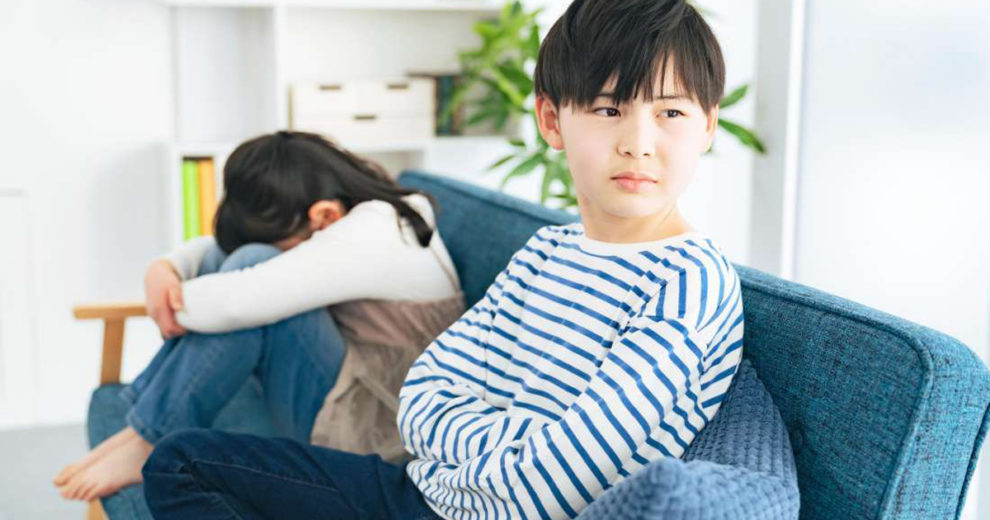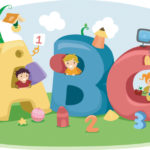What Children Think About Divorcing Parents: Insights into Their Emotions and Concerns

Divorce is a complex and emotionally charged experience, not only for the couples involved but also for their children. Children are often caught in the crossfire of their parents’ marital struggles and may have a multitude of thoughts, emotions, and concerns about the impending divorce.
In this article, we’ll dig into the minds of children and explore what they may think and feel when their parents are going through a divorce.
“Is It My Fault?”
One of the most common thoughts that children have when their parents are divorcing is the belief that they are somehow responsible for the separation. Children may wonder if their behaviour, actions, or existence played a role in the breakup of their parents’ marriage. This feeling of guilt can be overwhelming and emotionally distressing for children.
Read more: The Pain of Separation: How to Help Your Child Cope With A Divorce
“Will I Lose a Parent?”
Children often worry about the practical consequences of divorce, including the fear of losing one of their parents. They may wonder if they will still get to see both mum and dad regularly and have the same level of emotional connection with each parent. The prospect of divided time and attention can be daunting for children.
Read more: 5 Ways to Help your Adult Children Cope with your Divorce
“What Will Happen to Our Home?”
The stability of the family home is a significant concern for children facing divorce. They may worry about where they will live, whether they’ll have to move, and if they’ll lose their sense of security and familiarity associated with their current home.
Read more: Helping your Children Cope with Two Homes
“Will My Parents Stop Loving Me?”
Children may fear that their parents’ love for them will diminish after the divorce. They may need reassurance that their parents’ love remains unchanged and that the separation is not a reflection of their worth or importance in their parents’ lives.
Read more: Building Closer Bonds with Your Children after Your Divorce
“Will Things Ever Be Normal Again?”
The disruption caused by divorce can leave children longing for the familiar routines and dynamics they once knew. They may wonder if life will ever return to a sense of normalcy or if they will be forever caught in a state of upheaval.
Read more: Is it possible to have a divorce without adversely impacting your children?
“Am I Allowed to Have Feelings?”
Children often grapple with a wide range of emotions during divorce, including sadness, anger, confusion, and frustration. They may wonder if it’s acceptable to express these feelings or if they need to hide their emotions to protect their parents.
Read more: 6 Things Adult Children of Divorce Want You to Know
“What Will Others Think?”
Children may be concerned about how their friends, classmates, and extended family members will perceive them in the wake of divorce. They may fear judgment or teasing from peers or feel embarrassed about their family’s situation.
Read more: Difficulties That Children Face Post Divorce
“Can I Still Love Both My Parents?”
Children may feel conflicted about showing love and affection to both parents, especially if there is tension or animosity between them. They may worry that expressing love for one parent may hurt the other.
Read more: The Effect of Divorce on Children – An Age-by-Age Guide
Conclusion
Divorce is undoubtedly a challenging and emotionally charged experience for children, filled with complex thoughts and concerns. It’s essential for parents to create a supportive and open environment where children can express their feelings and ask questions.
Additionally, seeking professional guidance, such as family counselling, can help children and parents navigate the emotional journey of divorce more effectively.
Understanding and addressing children’s thoughts and concerns during divorce is crucial for their emotional well-being.
By reassuring children of their love, addressing their worries, and prioritising their emotional needs, parents can help their children navigate this difficult transition with greater resilience and emotional stability.












